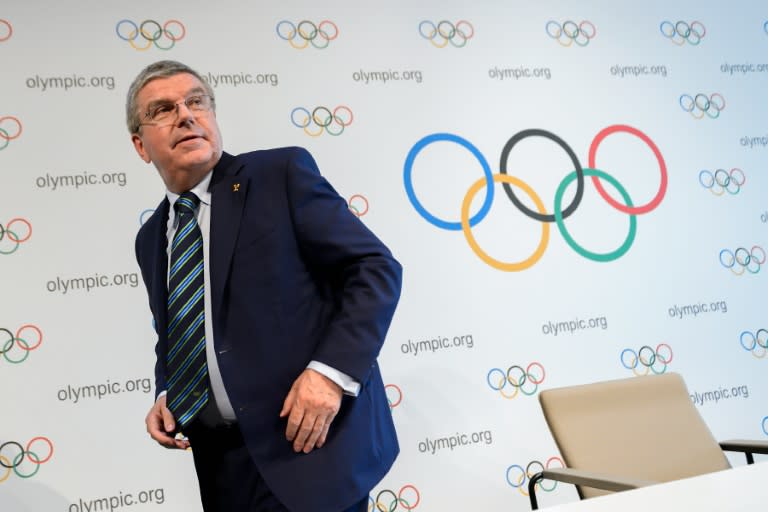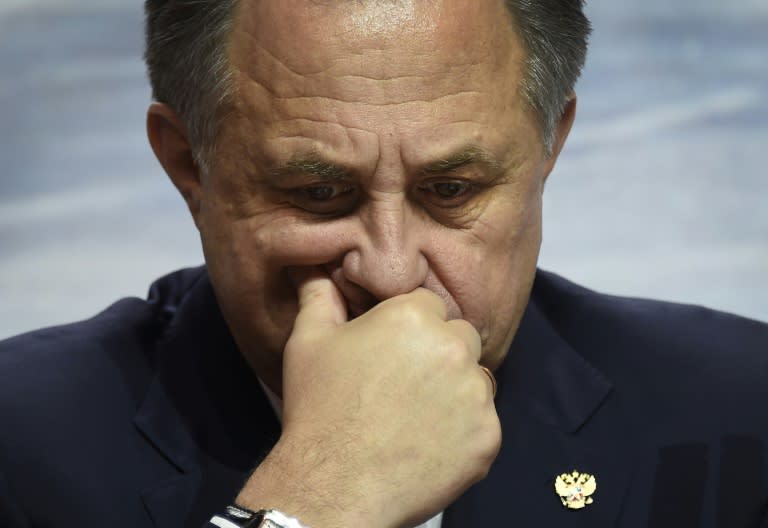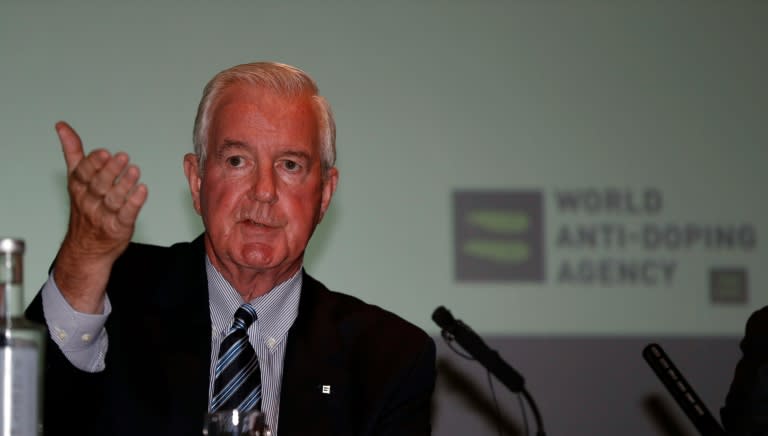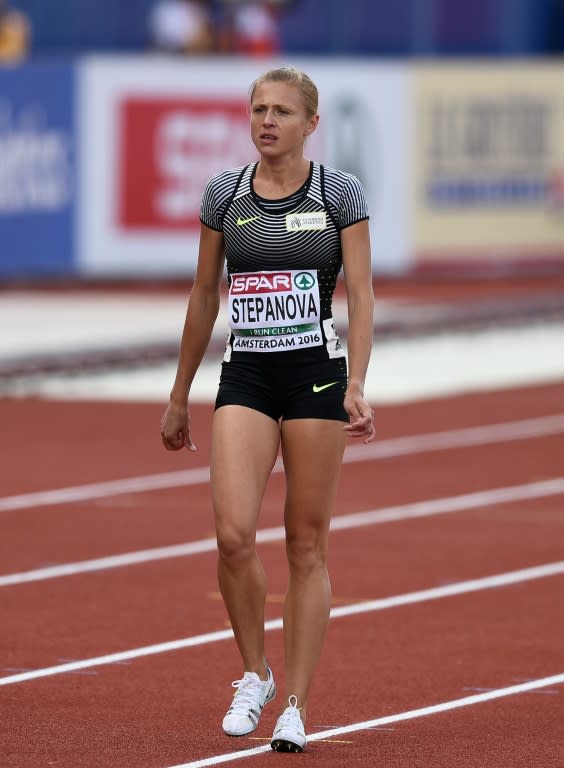Key figures in Russia doping scandal
Five key figures in the doping scandal rocking Russia and the Olympics, after the International Olympic Committee on Sunday decided against a blanket ban on Russian competitors at the Rio Games. Thomas Bach - IOC president Just as he thought he had the Olympic movement on the road to reform, up flares the biggest doping scandal in Olympic history for IOC president Thomas Bach. The 62-year-old former fencing gold medallist and lawyer preached a "zero-tolerance" policy on banned substances but has been forced to walk a fine diplomatic line. The Russian government accused of orchestrating the doping campaign is a sporting giant and major backer of international events. Bach has frequently visited Moscow during his three years as IOC leader and has in the past praised President Vladimir Putin's "commitment" to sport. Before the IOC decision, Bach also spoke up for efforts to let athletes who have not failed tests compete in Rio. Vitaly Mutko - Russian sports minister Vitaly Mutko, 57, has been Russia's sports minister since 2008 and a close ally of President Putin for longer but he is under an intense spotlight over the doping scandal. The report commissioned by the World Anti-Doping Agency said the switching of samples and preparation of banned substances was directed by the sports ministry with the Russian secret service. Mutko is a former president of the Zenit St Petersburg football team, still head of the Russian football federation and chief organiser of the 2018 World Cup. He has strongly denied any wrongdoing. But Mutko, with all Russian sports ministry officials, has been banned from the Rio Games. WADA has called for FIFA to start an investigation into Mutko's alleged role in allegations that doping failures in Russian football were also covered up. Craig Reedie - president of the World Anti-Doping Agency (WADA) From a Scottish badminton doubles champion, Reedie, now 75, rose to become head of the International Badminton Federation and launch an Olympic political career that now sees him in the eye of the Russia doping storm as head of the World Anti-Doping Agency. After Richard McLaren's report for WADA accused the Russian government of direct responsibility, Reedie was quick to call for Russia to face a complete ban from the Rio Olympics. He feels hurt because many of the dubious activities continued even after Russia promised to cooperate after an earlier inquiry into doping in Russian athletics. Reedie has acknowledged that WADA had whistleblowers' information before the scandal erupted last year but said his agency did not have the powers to act on it. Grigory Rodchenkov - former director of Moscow anti-doping laboratory Rodchenkov was head of anti-doping operations in Moscow and Sochi when Russian secret services switched samples so that at least 15 failed doping tests by Russian medal winners at the 2014 Winter Olympics were not detected. Rodchenkov was given a medal by the government and then fled the country in January. His revelations to the New York Times in May led to the inquiry that has left the Olympic movement reeling in one of its biggest crises. Rodchenkov is in hiding in the United States, reportedly fearing for his life. Russia has made him a wanted man and WADA has accused Rodchenkov of previously seeking bribes to cover up doping tests. Two of Rodchenkov's former colleagues died unexpectedly in February. Yuliya Stepanova - 800m runner and doping whistleblower The 30-year-old Stepanova has become a hate figure for some in her native Russia after spectacularly telling in 2014 of the widespread substance abuse in Russian athletics. A spokesman for President Putin called her a "Judas". Now she has been cleared to run in the Rio Olympics, posing a new dilemma for the IOC. Russia did not name Stepanova in its Olympic squad and the IOC has referred the case to its ethics board to decide if an exemption to the Olympic charter can be given so Stepanova can race as a neutral. The IAAF, athletics' world body, hailed Stepanova for having made "a truly exceptional contribution to the protection and promotion of clean athletes".





